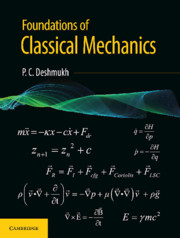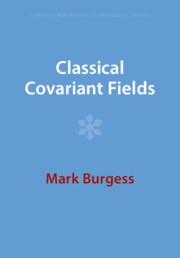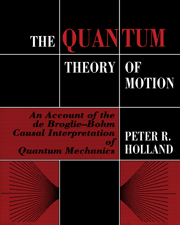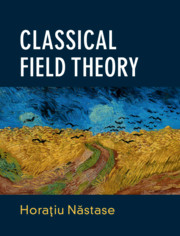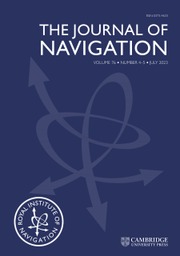Foundations of Classical Mechanics
Written in easily accessible language, the book provides a modern perspective of classical mechanics. Mathematical rigour is intertwined with lucid narration that will generate confidence in students to assimilate and apply fundamental principles of physics. The commonalities and differences of Newton's, Lagrange's and Hamilton's equations are explained in detail. Free, damped, driven oscillators and resonances are analysed systematically. The text extensively covers concepts of fluid mechanics, special theory of relativity, general theory of relativity and Lorentz transformations. The theories of gravitational field, fractals and chaos, Maxwell's laws of electrodynamics, and Einstein's theory of relativity are expanded from the first principle. The text is supported by practice problem sets to help students check their understanding of the concepts.
- Presents comprehensive coverage of the subject matter including Newtonian formulation, the variational principle, fluid mechanics, the theory of chaos, laws of electrodynamics and the theory of relativity
- Emphasises building concepts, provides historical development and builds a mathematically rigourous formalism
- Offers a seamless integration of mathematical rigour with the conceptual evolution of the subject
Reviews & endorsements
'… Deshmukh provides a rigorous yet accessible introduction to classical mechanics that is suitable for first- or second-year physics and engineering students.’ Robert B. Scott, Physics Today
Product details
February 2025Paperback
9781108727754
0 pages
Not yet published - available from February 2025
Table of Contents
- List of figures
- List of tables
- Foreword
- Preface
- Introduction
- 1. Laws of mechanics and symmetry principles
- 2. Mathematical preliminaries
- 3. Real effects of pseudo-forces: description of motion in accelerated frame of reference
- 4. Small oscillations and wave motion
- 5. Damped and driven oscillations
- Resonances
- 6. The variational principle
- 7. Angular momentum and rigid body dynamics
- 8. The gravitational interaction in Newtonian mechanics
- 9. Complex behavior of simple system
- 10. Gradient operator, methods of fluid mechanics, and electrodynamics
- 11. Rudiments of fluid mechanics
- 12. Basic principles of electrodynamics
- 13. Introduction to special theory of relativity
- 14. A glimpse of the general theory of relativity
- Index.

